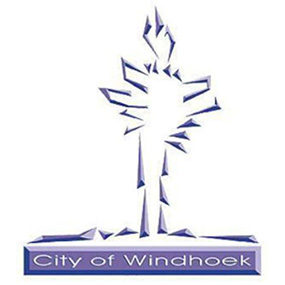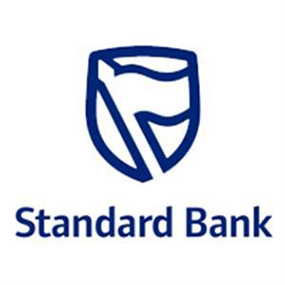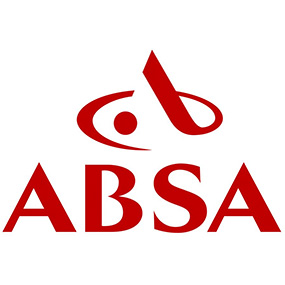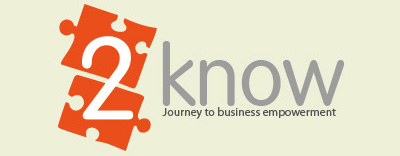Welcome to 2know
A question that business owners or business executives might ask is: “Can you show me what a business would look like to deliver on what we have set as goals to be achieved in the market where we operate in?”
Developments in business management and specifically business architecture regularly deliver new tools and techniques to resolve issues and clarify what next steps could be considered. Those that are exposed to these results refer to their “aha” moments and then the question: “This was cool to do this, but how did you know to do this … or do that?” to deliver this answer.
Adapting to the correct business design would be one of the challenges for business owners who need to constantly clarify whether they run their business effectively (achieving the correct targets) but in an as efficient way (optimum utilisation of resources) as is possible?
The world of 2Know has to do with the pursuit of moments in an organisation’s life where you can clearly visualise that “you know”and you are filled with confidence to tackle the opportunity head on.
The message to all our customers would be that they should embrace the new learnings, apply it to themselves and their businesses and open the next window of opportunity all in pursuit of your dream, the “who you are”.
Our Business Focus
2Know will introduce and expose to business owners the techniques to describe their business for them and to put them in a position to clarify opportunities, resolve problems and get their teams of people to enthusiastically contribute to achieving business goals.
Experience from working with different customers is brought into the mix and application of proven techniques to surface relevant information provides insight into possible new opportunities.
What we do
The field of expertise is referred to as business architecture with the challenge to deliver business designs fit for purpose and ready to apply by those that have to follow and implement the designs.
Type of Organisations
Applying the trade of business architecture should lead to design of any organisation. However, through specialisation, one would enrich the understanding of fulfilling the purpose of a specific organisation. Therefore the focus on municipalities and specifically the design of the four core business units of Electricity Supply; Water and Sanitation; Solid Waste Management; and Urban Planning and Property Management.
The current initiative to deliver the design of a FINANCE FUNCTION should be commercially available by the end of 2017.
Meet Paul
Completing studies in electrical engineering in 1979 at the then Rand Afrikaans University opened the world of possibilities at Telkom from 1982 to 1987 that exposed me to the fast changing world of communication. A short stint at the central government computer department led to proper exposure to project management at SASOL Secunda during 1988 and 1989. A start-up effort to establish a reservation system for the tourist industry was terminated due to the investor withdrawing and that lead to a career of more than 21 years in banking. Exposure to many parts of Absa introduced me to business change and strategy implementation and the lack of business architecture. Leaving Absa in 2012 allowed me to join the “three-man” company, Hebron, which developed the business design methodology applied today. Working as an independent consultant since March 2017 taught the value to be aligned to the correct implementation partners.
Latest Works
The current focus is not to aid start-up businesses but rather to provide business solutions to existing businesses and then specifically the municipalities of the countries in Africa that previously followed the British approach to local government. A first project at the municipality of Windhoek opened the world of municipalities to business architecture and design and surfaced the challenges of the very complex business that is a municipality.
What was quite shocking was to realise how little the central governments and the business sciences invested in developing municipalities. The pressure to accommodate residents in urban areas in a country that is experiencing rapid urbanisation presents challenges to municipalities that were used to a fairly slow pace of change. The urgency in addressing this issue placed unheard of pressure on municipal resources and requires a drastic new approach to addressing challenges in there lies the challenge – to leapfrog by applying the learnings of other municipalities that did solve the problems.
Rapid urbanisation more often than not allows for low skilled people to leave the rural areas to travel to the cities in the hope of making a decent living.










